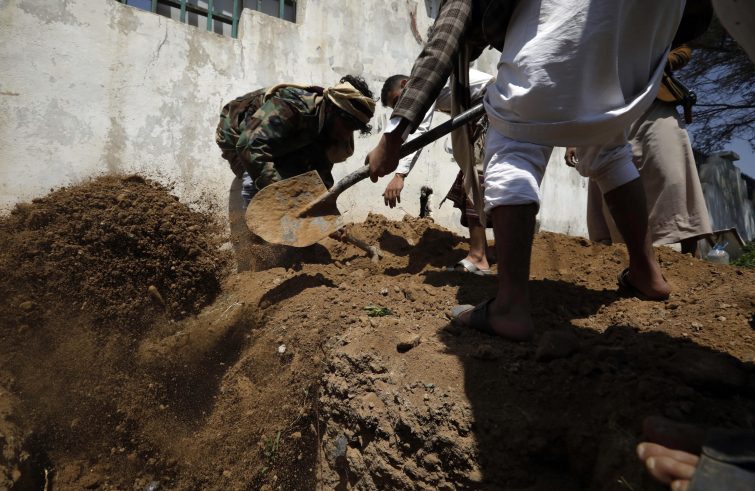
Now that the war on world terrorism is “over” (so to speak) in just one country (Afghanistan), some might have deluded themselves into believing that peace is in good health. But Portuguese Secretary General of the United Nations Antonio Guterres has given us a wake-up call. To mark the International Day of Peace set by the United Nations for September 21st, the UN Secretary-General called on “combatants around the world to lay down their arms and observe a day of global ceasefire.”
It is a rude awakening for all those who entertained the idea that twenty years after Western military deployment (2001-2021) in such a distant and hostile arena as Afghanistan, withdrawal could usher in an era of peace. There are two main reasons for this: the world is always at war and, above all, some people, such as US President Joe Biden, are already foreshadowing tomorrow’s wars.
The subject must be tacked in an orderly fashion. First and foremost, today’s wars. The list is unfortunately very long: from Syria to Burma, from Ukraine to Libya. Not to mention the “forgotten wars” that Caritas and the Catholic media have consistently spotlighted, acting in complete isolation. This is especially true in Africa, the perennial pauper of international politics. The African continent has this dismal record, but Asia follows suit. The daily victims of the wars and conflicts fought on their territories are rarely reported, and seldom hit the front pages. Yet these peoples are frequently at the mercy of civil wars and forgotten by all. The Western world keeps its distance from these wars and conflicts, except for financially supporting one of the warring parties for its own national interests, or selling weapons and other combat equipment. Only to pay the consequences when the overwhelming crowds of refugees flee towards Europe. In his plea “to choose peace as the only option to repair our broken world”, the UN Secretary-General is probably referring primarily to those situations, which the international public opinion is not aware of. Before it is too late, and before the destructive force of nature turns against humanity once and for all. If there were ever an undeclared war – an extremely serious and destructive war – it would be that of the forces of nature rebelling against humanity’s reckless aggression on natural balances. Motivated by this concern, Guterres said: “It is time to rebuild our world. To make peace with nature and with one another.” As Pope Francis says, when he reminds the whole world: “Everything is connected” and humanity is at a crossroads: we can either choose peace and development by healing the wounds inflicted on our natural environment, or be doomed to the slow and inexorable extinction of the planet, the only place given to us to live.
That’s why the US president’s foreshadowing of the wars of tomorrow, fought by machines (drones are just the first step) and electronic weapons, is cause for concern. Our gaze turns to the Far East and to the Chinese giant. The new Indo-Pacific security alliance between the UK, US and Australia (AUKUS) falls within this horizon. The deal also entails nuclear-powered submarine technology sold by the US to Australia. Biden’s America is therefore preparing, in the words of the president, “to face the 21st century and its rapidly evolving threats.”
This scenario runs counter to the UN aspirations to foster an era of peace and win the war of environmental degradation. In fact, it prefigures a future marked by two types of wars: those fought by the poor (for water and food) and those fought by the rich (for the precious raw materials essential for economic supremacy). This is a nightmarish scenario that, starting today, will hopefully spare future generations. If only the combatants around the world were aware of this, they would surely be ordering an immediate “ceasefire.”









